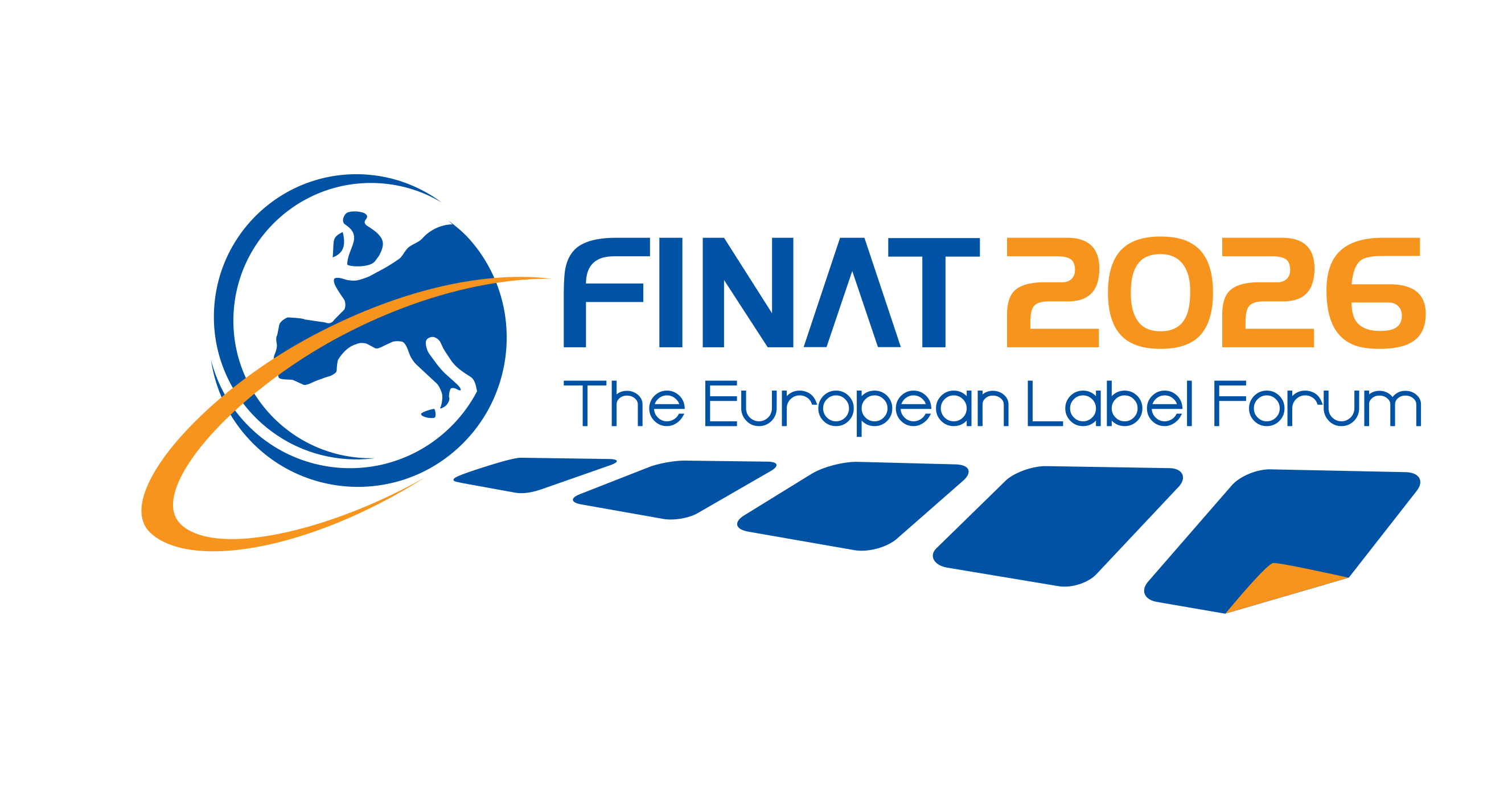Creating the feeling of inclusion is a powerful way to get the most out of our workforces, and yet it is so often mistaken for political correctness or tokenism. Actually, it;s about two human needs we all have: to feel like we belong, while feeling valued for what makes us unique.
There are four cornerstones to an inclusive culture at any organization. By understanding what these are and what we can do to build and strengthen them, we can create an inclusive culture that defines legacies and lasts through ages.
During the FINAT ELF, Mind Gym will host an interactive webinar on this topic on Thursday 3 June. In these 60 minutes you will have:
- Understood the latest behavioural science of inclusion, and what that means for your organization.
- Explored the four cornerstones of an inclusive culture: what they are, the tensions they present and how you can use them.
- Focused on clear tangible actions you can take to move the dial on inclusion in your organization.
- An understanding of how to promote diversity and inclusion while avoiding the pitfall of polarisation.
- Understood how you can share your influence and power to empower your team and organisation.
- Gained the confidence needed to speak with front-line team members about their experience of exclusion.
- Ways to respond to slips, slights and acts of exclusion on a spectrum from forbidding to forgiving.
Diversity and inclusion initiatives can often unintentionally create exclusion, anger and frustration as it polarises and divides our workforces. We feel included when we feel valued for what makes us unique, while at the same time also feeling like we belong in our team and organization. After this webinar, you can use four cornerstones to take stock of how inclusive your organization currently is, and find opportunities to improve. These four cornerstones were informed by an extensive review of academic literature conducted by Mind Gym in 2019:
- Value variety is based on research into headwinds and tailwinds, as well as our identity needs as unique individuals and how that varies depending on stigmatised identities.
- Step up is based on research into belongingness and assimilation, how we naturally form in-groups and out-groups, and what this means for our sense of shared identity.
- Judge wisely stems from a review of fair decision-making and unconscious bias training - specifically, what is most effective at de-biasing key moments.
- Forbid and forgive summarises research into the tensions we face as we look to learn from unintended slip-ups while enforcing against intended discrimination or harm.
A must-attend workshop. Join the workforce day on Thursday 3 June, register now.
